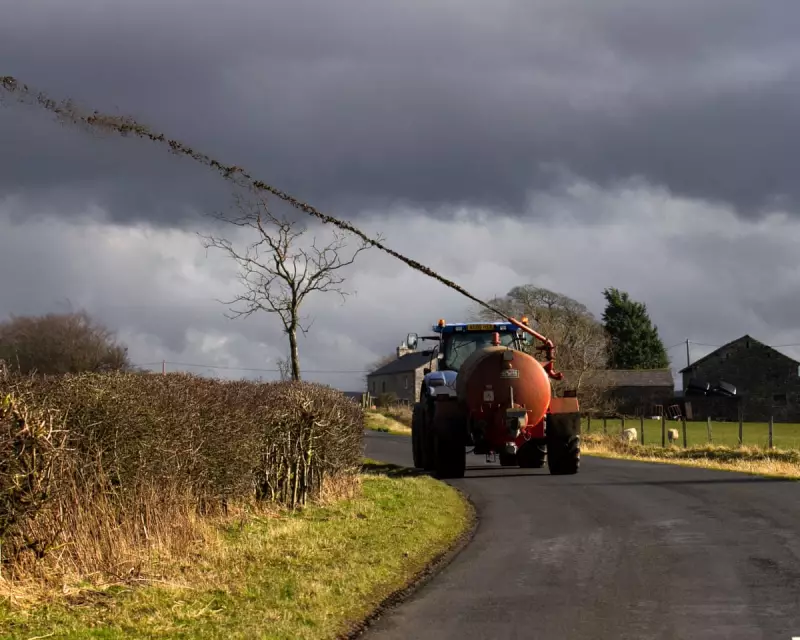
A major environmental scandal has been uncovered, revealing that hazardous liquid waste from landfills and sewage treatment plants is being illegally spread across farmland in England. An Environment Agency (EA) investigation has exposed a practice that threatens both the safety of the food chain and the health of the surrounding environment.
The waste product, known as 'leachate', is a toxic liquid formed when water filters through landfill waste, picking up a dangerous cocktail of chemicals and pollutants. This substance, alongside waste from sewage works, is being misclassified and spread on agricultural land as a supposed 'fertiliser'.
A Systemic Failure in Regulation
Despite the EA being aware of the issue for years, the practice has continued with little effective intervention. Internal documents and freedom of information requests reveal a system struggling to cope, with permits being exploited and enforcement actions deemed insufficient to stop the determined illegal waste industry.
Experts are sounding the alarm, warning that these pollutants can accumulate in soil, be absorbed by crops, and ultimately enter the human food chain. The long-term consequences for public health and ecosystem stability are potentially severe.
Profits Over Protection
The driving force behind this dangerous practice is simple: profit. Waste companies can charge high fees to accept toxic leachate, and then avoid costly legitimate treatment by disposing of it cheaply on farmland. This creates a lucrative business model built on circumventing environmental laws.
Farmers, often unaware of the dangerous nature of the waste, may accept it as a cheap or free nutrient source for their soil, unknowingly contaminating their own land.
Calls for Urgent Action
Environmental groups and MPs are now demanding immediate and decisive action. There are calls for a complete ban on spreading landfill leachate on agricultural land and for a radical overhaul of the Environment Agency's enforcement capabilities to shut down this illegal trade for good.
This scandal raises serious questions about the safeguarding of England's countryside and the adequacy of protections designed to keep our food and soil safe from industrial pollution.





